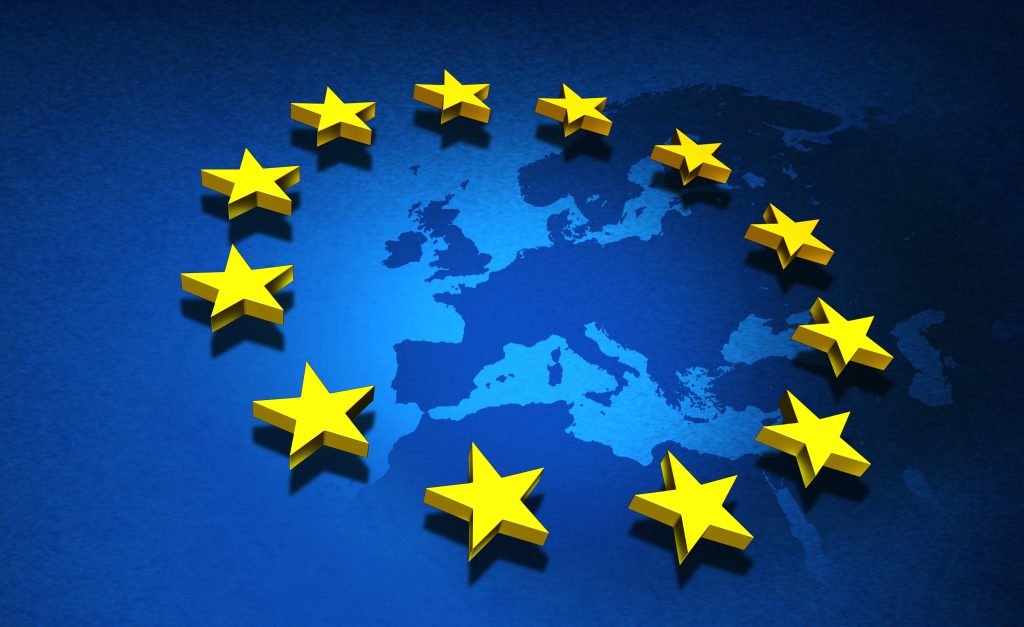
The European Union has published the findings of the assessment carried out to determine the effects and efficiency of the Economic Partnership Agreement (EPA) between the European Union and Cariforum member states. The evaluation covers the 10-year period (2008-2018) of the EPA. The Caribbean Forum of ACP States (Cariforum) is comprised of Antigua and Barbuda, The Bahamas, Barbados, Belize, Dominica, Dominican Republic, Grenada, Guyana, Haiti, Jamaica, St. Kitts and Nevis, Saint Lucia, St. Vincent and the Grenadines, Suriname, and Trinidad and Tobago.
The report, “Ex-post evaluation of the EPA between the EU and its Member States and the CARIFORUM Member States” indicates that overall, Cariforum exports have diversified, relying less on mineral fuels and more on food and manufactured items. Nevertheless, it reveals that the Dominican Republic stands out for having experienced sustained growth in its exports to the European Union.
The assessment indicates the DR growth has been driven by cocoa and cocoa preparations. The analysis of export potential also shows that agri-food products have shown growth in market share and also have potential for future development, especially in organic produce and fruits and nuts in the case of the Dominican Republic.
The report highlights that in terms of imports from the EU, the DR has also experienced the highest growth.
In the findings, the researchers conclude that trade in services was larger in value than trade in goods for the duration of the agreement. It reports that EU services exports to Cariforum member states nearly doubled, from EUR3.2 billion in 2010 to EUR5.9 billion in 2018. Likewise, tourism continues to be the most important service sector across the region. The case study on cultural services presents another illustration of a much smaller but growing service sector, but also shows that barriers to services trade remain. Business processing outsourcing (BPO) is an example of a service sector that is still small but has shown encouraging growth rates.
Before the EPA was concluded, Cariforum countries received non-reciprocal market access to the EU under the EU-ACP agreements. This market access to the EU was on more favorable terms than for other developing countries, which is not in line with World Trade Organization (WTO) rules and this situation could therefore not be sustained. Without a new trade agreement in place, the Caribbean countries would have traded with the EU under the Generalised Scheme of Preferences (GSP) regime or Most Favoured Nation (MFN) regime, which would subject the region’s most important exports (notably sugar, bananas and rum) to high EU duties.
The evaluation determined the extent to which the Cariforum-EU EPA was implemented, the bottlenecks and the extent to which the EPA contributed effectively and efficiently to reach the objectives it set out. In addition, the evaluation examined the relevance of the EPA in relation to current trade and development issues, as well as its coherence with other EU policy instruments affecting the Caribbean.
It concludes that total trade with Cariforum countries decreased. EU exports to Cariforum member states increased on average 4%. As a result, the EU now has a trade surplus of EUR1.2 billion, while it had a negative trade balance with Cariforum at the start of the agreement of EUR280 million. The fact that exports from the EU to Cariforum increased more than the other way around is not surprising, as Cariforum was also enjoying preferential access to the EU market, while on the Cariforum side, no such access was available for EU exporters prior to the agreement.
Read more:
European Union Commission
European Union Commission
15 February 2021

